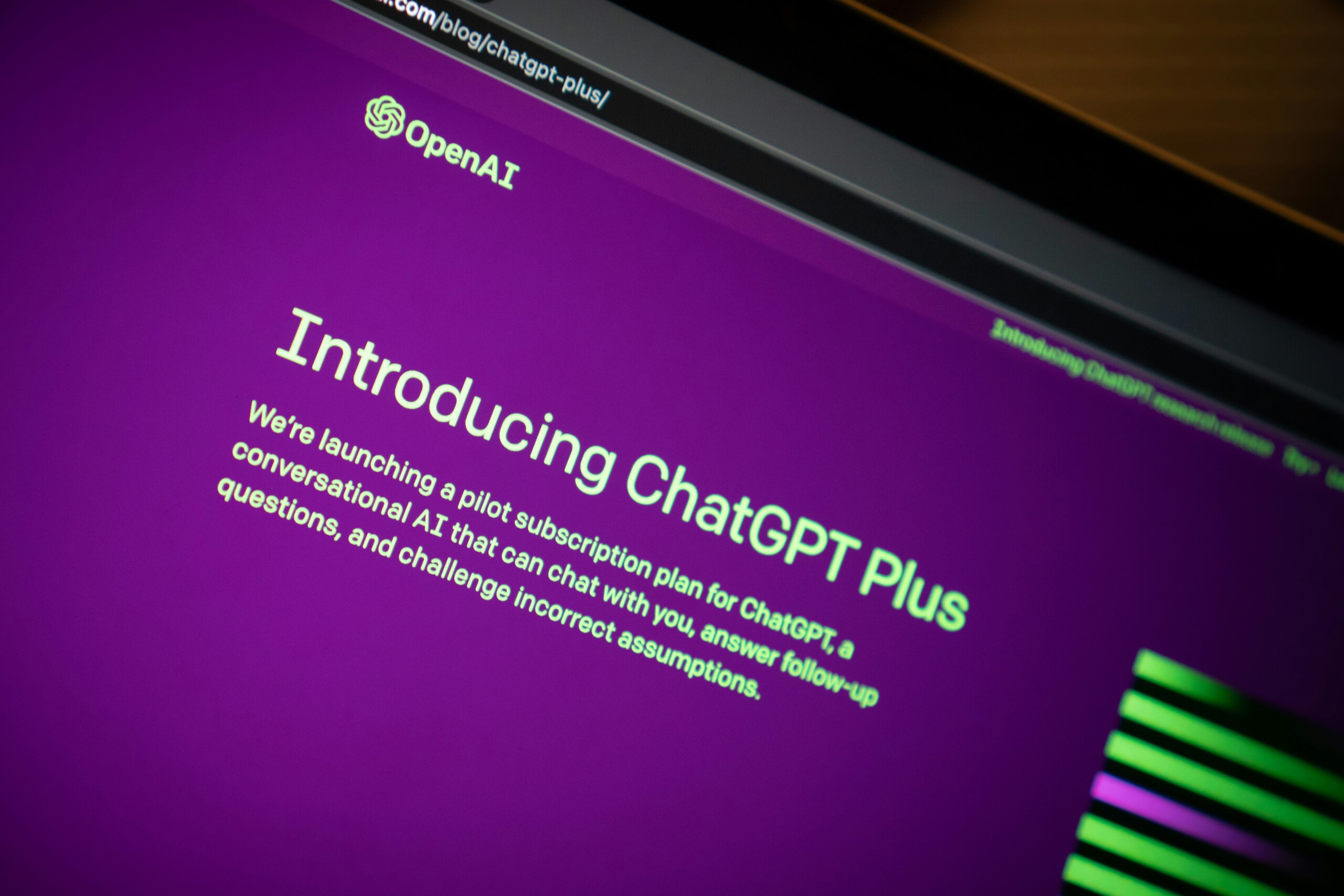Introduction
ChatGPT, powered by OpenAI’s advanced language model, has revolutionized the way we interact with artificial intelligence. With its ability to generate human-like responses, ChatGPT has found applications in various industries, from customer support to content creation. In this article, we will explore some of the use cases of ChatGPT in different industries, showcasing its versatility and potential.
1. Customer Support
One of the primary applications of ChatGPT is in customer support. Many companies have integrated ChatGPT into their customer service systems to provide instant and accurate responses to customer queries. By analyzing and understanding customer questions, ChatGPT can provide relevant information and troubleshooting steps, improving customer satisfaction and reducing the workload on human support agents.
2. Content Creation
ChatGPT has also proven to be a valuable tool for content creation. Writers and content creators can use ChatGPT to generate ideas, brainstorm topics, and even draft articles. By providing a starting point or assisting in the creative process, ChatGPT can help streamline content creation, saving time and effort for writers.
3. Virtual Assistants
Virtual assistants have become increasingly popular, and ChatGPT has enhanced their capabilities. By integrating ChatGPT into virtual assistant applications, users can interact with their devices more naturally. Virtual assistants powered by ChatGPT can understand complex queries, provide accurate information, and even engage in conversations, mimicking human-like interactions.
4. Language Translation
Language translation is another area where ChatGPT has made significant strides. With its ability to understand and generate human-like text, ChatGPT can assist in translating content between different languages. By leveraging the power of ChatGPT, language translation services can provide more accurate and contextually appropriate translations.
5. Education and Training
ChatGPT has also found applications in the field of education and training. It can be used as a virtual tutor, helping students with their assignments, providing explanations, and answering questions. ChatGPT’s ability to generate human-like responses can enhance the learning experience and provide personalized support to students.
6. Research and Development
In the field of research and development, ChatGPT has proven to be a valuable tool. Researchers can use ChatGPT to analyze large datasets, generate hypotheses, and assist in the discovery process. By leveraging the power of ChatGPT, researchers can accelerate their work and uncover new insights.
Conclusion
ChatGPT’s versatility and advanced language capabilities have made it a valuable tool in various industries. From customer support to content creation, virtual assistants to language translation, education to research and development, ChatGPT has proven its potential to streamline processes and enhance human-machine interactions. As technology continues to evolve, we can expect ChatGPT to play an even more significant role in shaping the future of artificial intelligence.


